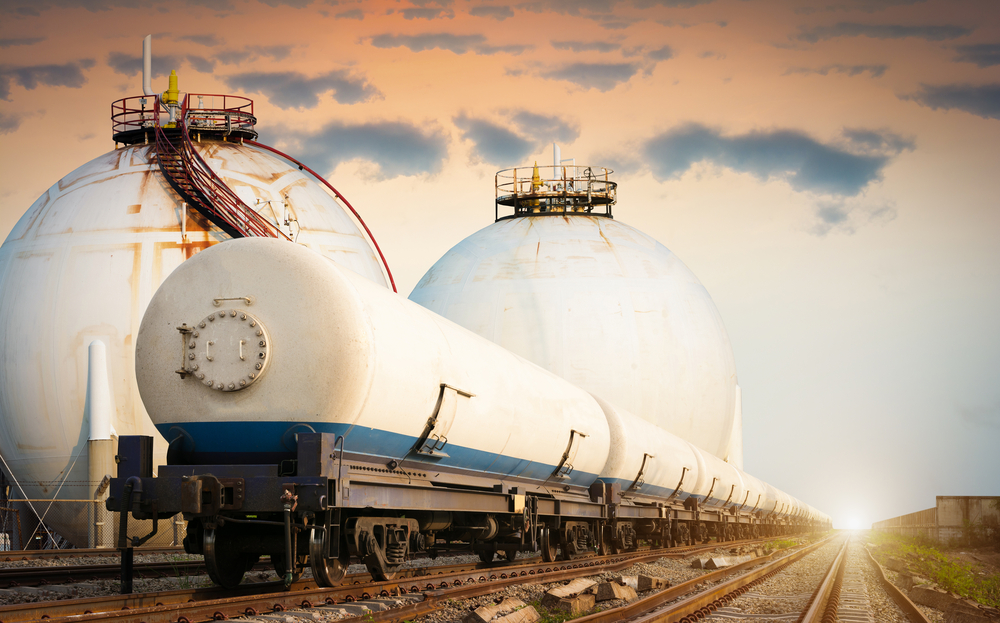
U.S. Reps. Peter DeFazio (D-OR) and Tom Malinowski (D-NJ) recently introduced legislation demanding a comprehensive review of the potential risks of transporting liquefied natural gas (LNG) by rail.
The legislators’ request follows an attempt by the Trump Administration to fast-track authorization to move LNG by rail tank car.
Their concerns stem from safety and a potential lack of transparency on the move, which has the potential to affect areas throughout the United States. Though the Pipeline and Hazardous Materials Safety Administration (PHMSA), and the Federal Railroad Administration (FRA) have moved to allow LNG shipments by rail tank car in recent months, the Congressmen note that they have little information on the possible risks such shipments could pose to local communities.
“The administration’s absurd plan to allow trains of up to 100 cars filled with LNG to move by rail is extremely reckless,” DeFazio said. “I, along with Congressman Malinowski, have been sounding the alarm on this plan for months. Putting LNG into rail cars and moving it through highly populated communities presents a significant risk to the safety of the public and the environment, with the possibility of catastrophic consequences. Our legislation ensures full disclosure, thorough scientific analysis of risks before the administration can move forward with their proposal.”
The problem is that the federal agencies are on a time table. In an executive order issued in April, President Donald Trump ordered the Secretary of the Department of Transportation to authorize LNG movement by rail tank cars within 13 months. The Congressmen see H.R. 4306 as a means of halting the rush through requirements of extensive safety testing of rail tank cars, agency consideration of operating conditions and benefits, and a mandated Government Accountability Office evaluation to ensure all requirements have been met.
“Any movement of liquefied natural gas in our country should be closely monitored, with the highest possible safety measures in place, particularly through a densely populated state like New Jersey,” Malinowski said. “The proposed movement of LNG by freight rail companies that are running longer and longer trains with fewer and fewer engineers presents substantial safety risks to communities through which trains pass. A Fire Chief in my District recently told me that a railcar spill involving LNG would require him to evacuate his entire town of nearly 15,000 people. This bill will ensure that the safety and environmental risks of LNG by rail are thoroughly evaluated, with due consideration of route, speed, brake, and personnel requirements.”